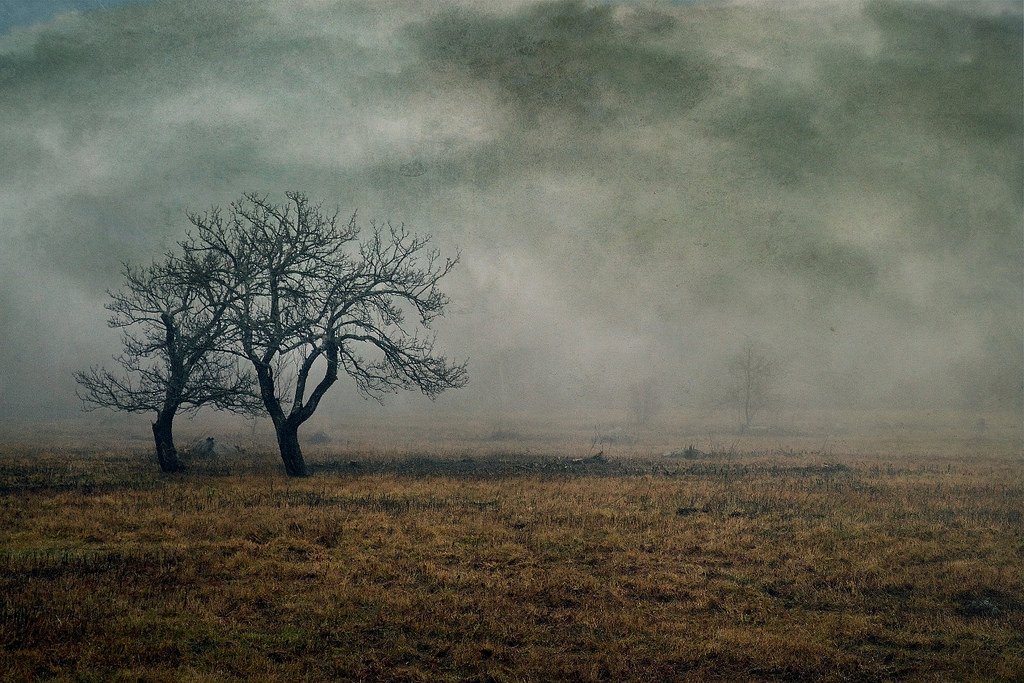“The Sisterhood of the Travelling Pants,” is an American comedy-drama directed by Ken Kwapis which was released by Warner Brothers on June 1st, 2001. The story follows the adventures of four girls, Carmen Lowell (America Ferrera), Bridget Vreeland (Blake Lively), Lena Kaligaris (Alexis Bledel) and Tabitha “Tibby” Tomko-Rollins (Amber Tamblyn) as they each endeavour on different summer adventures. The girls have been the best of friends even before they were born when their mothers met at a prenatal aerobics class and all had the same due dates. Carmen travels to South Carolina to visit her father only to find that he is about to get married to Lydia Rodman (Nancy Travis) who also has a teenage son and daughter. Bridget travels to Mexico for a soccer camp, where she develops a love interest for one of the coaches Eric Richman (Mike Vogel). Lena travels to Greece to spend the summer with her grandparents and here she meets Kostas Dounas (Michael Rady) who she falls in love with. Tibby stays at home as she is aiming to compose a documentary and works at Wallmans to afford new camera equipment. Before the girls disperse over the summer they stumble across a pair of jeans in a shop which, despite their differing figures, fit and complement them all. On their last night together, the girls decide that they will share the pants among each of them and hope they will bring luck and a sense of magic.
I believe “The Sisterhood of the Travelling Pants” would be of interest to year 12-13 students because it is filled with realistic portrayals of the trials and tribulations which teenagers face. The story is centred around coming-of-age which is relevant to year 12-13 students. “The Sisterhood of the Travelling Pants,” will appeal to a wide range of year 12-13 students because each of the girls displays such different personalities yet they all complement one another. Each of the girls are faced with changes and challenges which they have to overcome over the summer months. Carmen faces the prospect of her father settling down with a new family in a new area and watches him take up new hobbies to accommodate the interests of her step-mum to be. Initially she is angered by all the time that her father has devoted to his new family because he rarely found the time to visit her when she was a child. This sense of jealousy and frustration causes her to throw a rock at their window and cut her summer holiday short to return home to her mother. I believe Carmen’s reaction holds an important message for year 12-13 students who are going through a similar situation. As Carmen matures over the duration of the film, she learns that her father is happy and this is something she values. During Lena’s holiday in Greece, she finds it hard to accept and voice her attraction towards Kostos. She closes herself off to the people around her, including Kostos and although “…there’s a part of me that wants to let him in… I feel myself put this wall up and I don’t understand why.” Bridget faces a similar situation with finding the courage to confront her insecurities. She runs away from the grieving which needs to be done over the loss of her mother and cannot control her feelings towards boys. Tibby also has to confront grief after the death of her 12 year old friend and assistant to her documentary Bailey Graffman (Jenna Boyd.) as the movie progresses, Tibby learns to accept people with personalities that are different to her own and gains insight on how to demonstrate compassion to friends and family. Loss of loved ones and romantic relationships among peers are both situations which are present within the worlds of year 12-13 students. I believe it is vital for these students to understand that they are not alone during their struggles and that “The Sisterhood of the Travelling Pants,” provides some helpful lessons as to how to deal with hardship.
A character which interested me in “The Sisterhood of the Travelling Pants,” was Bridget “Bee” Vreeland. At the beginning of the film in Carmen’s voice-over she says “Bridget liked to take charge..” as a shot of the four young girls at a ballet performance is shown. As one of the girls falls over and the boys in the audience begin to laugh, Bridget jumps down off the stage and whacks them with one of the programmes. The film progresses to a funeral scene and viewers learn that Bridget’s mother Marlene has committed suicide. This creates a rift in the relationship between Bridget and her father who struggle to breach the topic of Marlene’s illness. Her father struggles to show affection and care towards his daughter, producing communication barriers between the pair. Bridget is a superstar soccer player and this is shown at her soccer camp in Brazil when her coach Molly tells her to stop being a show off and share the ball amongst all players of the team. Her pure talent causes the rest of the team to fall on their knees and chant “We are not worthy, we are not worthy,” while Bridget is seen to pose and lap up the attention. A lesson which I learnt through the character of Bridget “Bee” Vreeland is the harm in making assumptions. At first glance, I presumed that Bridget’s confidence was egotistical and she was little more than a shallow teenage girl who loved her physical appearance. Bridget is physically a “blonde beauty” with piercing blue eyes and a tall, tanned and toned physique which many girls envy. Although she was shown to lose her motherly-figure at a young age, Bridget puts up a front which gives off the impression that she’s rarely bothered. However, first impressions can be misleading and as the film progressed I recognised that although Bridget came across she was indeed the most vulnerable and unhappy of the four girls. Deep down, Bridget is hurting from the loss of her mother and has never been able to mourn because she spends her days running away from the sadness. When Bridget loses her virginity to the soccer coach Eric, she is not comforted and fails to find the closure she was after. After the loss of her mother, her councillor described her as “Single-minded till the point of recklessness,” which she has struggled to come to terms with ever since. From the character of Bridget, I have learned that first impressions can be misleading. Although on the outside it looks like Bridget is the beautiful, confident girl that has it all, on the inside she is unstable, deeply unhappy and needs the help of her friends to stay on track.
An important symbol in “The Sisterhood of the Travelling Pants,” is Tibby’s documentary which she is making over the summer break. While the rest of her friends travel afar in the search for summer adventures, Tibby stays at home and decides to make a “sucumentary” to display her disappointing life. One day when she is working in Wallmans, Tibby hears a crash and a young girl has fallen over in one of the aisles. It turns out to be Bailey Graffman who ends up coming to Tibby’s house to pass on a package with the jeans which was mistakenly dropped to her residence. The two form an unexpected friendship as Baily spends the summer helping Tibby find interesting subjects to include in her documentary. Towards the end of the film when Bailey has passed away from leukemia, Tibby stumbles across a tape labelled “B” where Bailey says “…Being happy isn’t having everything in your life be perfect. Maybe it’s about stringing together all the little things…making those count for more than the bad stuff.” This quote helped me understand that I must place a high value on looking back on each day with a sense of gratitude. Although in my day, nothing spectacular may have taken place or I was faced with ongoing disappointment, it is vital to look back on the small successes or moments of awe. The concept of appreciating the small things in life can be seen in the novel “What Abi Taught Us” written by Lucy Hone. After the loss of her daughter Abi Hone, best friend Sally Rumble and her daughter Ella Summerfield, Lucy turned to the field of resilience and physical wellbeing at Auckland University of technology. In her book she quotes: “Gratitude helps us deal with our grief by enabling us to focus on what we have, rather than exclusively focusing on what we have lost.” Lucy is still surrounded by a multitude of things to be thankful for in her life such as the rest of her family and the opportunity she has to live a long and fulfilled life, despite the loss of her daughter. This is similar to Tibby, who on her last night with Bailey is told to finish her documentary. When Tibby asks why, Bailey replies “because you can,” showing Tibby that she still has so many opportunities to be grateful for and welcome with open arms. Tibby’s documentary undergoes a complete transformation as a result of her newfound appreciation and becomes a celebration of individual differences instead of mocking their flaws.


